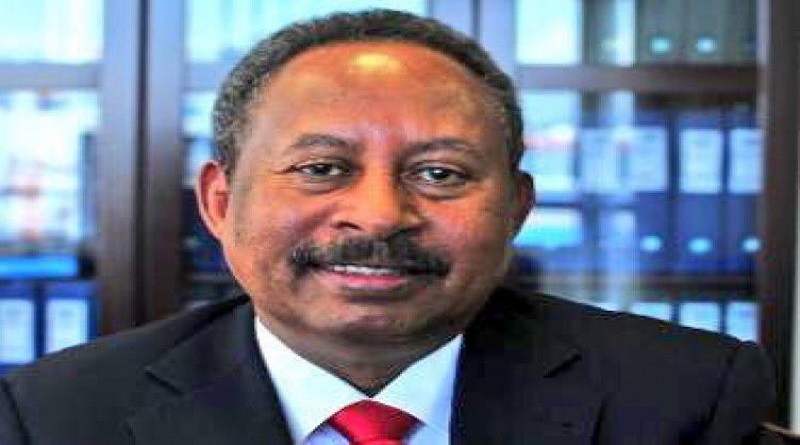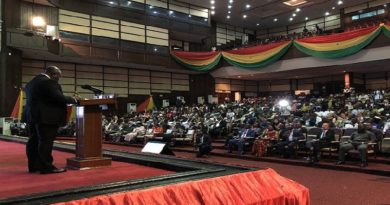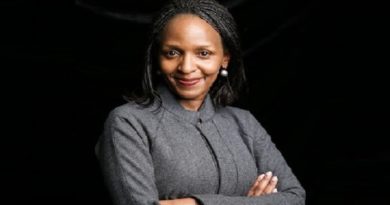Illicit Financial Flows: African institutions discuss ‘Mbeki Report’
As part of the revamped strategy to stem illicit financial flows (IFFs) from Africa, the IFF Working Group (IWG) met at the African Union Headquarters, to discuss the practical implementation of the recommendations of the AU/ECA High Level Panel Report on Illicit Financial Flows from Africa, also known as the ‘Mbeki Report’.
The meeting deliberated on the feasible and effective steps to fulfil the mandate delivered by African leaders in the AU Special Declaration on IFFs from Africa. Specifically, these steps include strengthening the institutional and regulatory capacity of African countries to combat illicit outflows, increasing advocacy for national and continental policy changes and establishing a multifaceted but united front to addressing the complex nature of illicit financial flows from the continent. All institutions present at the meeting unanimously agreed to essentially move from discussions to action on this agenda.
Operating as the technical arm of the Consortium to Stem Illicit Financial Flows (IFFs) from Africa, the meeting of the IFF Working Group brought together seventeen African institutions and several non-African partners, to put in motion the practical steps to initiate Phase 2 of the Consortium’s work, which entails direct implementation of the High Level Panel recommendations and re-engagement of member states. Phase 2 of the Consortium’s work is part of the holistic plan of action developed for addressing the illicit outflows from the continent.
Speaking at the opening of the two-day meeting, Abdalla Hamdok, the Deputy Executive Secretary of ECA and co-chair of the Consortium lauded the renewed efforts by the African leaders and stakeholders as well as progress made in the implementation of the Panel recommendations. He noted the momentum aligns fully with the African Union theme of the year on fighting corruption. “If you are going to fight corruption, the illicit financial flows stand out as a major component. Africa is losing about USD 100 billion per year and we need to look at this at a different perspective in terms of how the illicit outflows affect our development progress as a continent,” he stated.
His sentiments were echoed by Advocate Mojanku Gumbi, senior legal Advisor of the Thabo Mbeki Foundation and co- chair of the IFF Working Group who underscored the need for member states to work with the Chair of the High Level Panel, President Thabo Mbeki towards reporting regularly to the African Union Assembly on the actions taken and progress made in implementing the Mbeki report to stem illicit outflows at various levels; the national, regional and global levels. Ms. Gumbi stated, “Africa needs to show some concrete outputs and positive trends in the anti-IFF project. Our work here is the drive the big-tent approach to ensure coordinated, coherent and complementary partnership with the leading institutions and actors.”
Similarly, Fareed Arthur, the Deputy Chief of Staff at the African Union Commission and co- chair of the IFF Working Group, stated the need for continued and regular engagement between the member states and stakeholders, to take stock and understand the evolving nature and dynamics of the illicit financial flows to better device strategic and effective interventions to stem the revenue leakages through illicit outflows. “We face the potential risks of lack of buy-in from the political front and partners within and outside the continent, therefore we need to increase the advocacy, awareness and mobilize support towards the anti-IFF plan. Assessing the scale of the current and long-term implications of illicit financial flows on the development of the continent, it cannot be business as usual,” He concluded.
This fourth meeting is part of the biannual meetings of the IFF Working Group, organized by the African Union, United Nations Economic Commission for Africa and the Coalition for Dialogue in a series of efforts by President Thabo Mbeki, Chair of the AU/ECA High Level Panel (HLP) on IFFs from Africa and the African Union, to reduce IFFs from Africa. The meeting brought together among other institutions, the African Capacity Building Foundation, Tax Justice Africa, Trust Africa, and the World Bank, UNCTAD, GIZ and the OECD.




